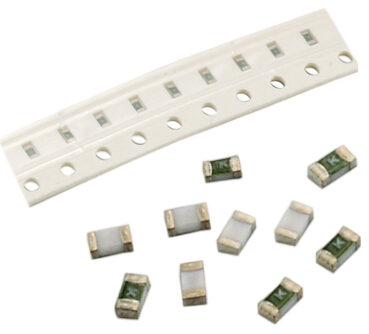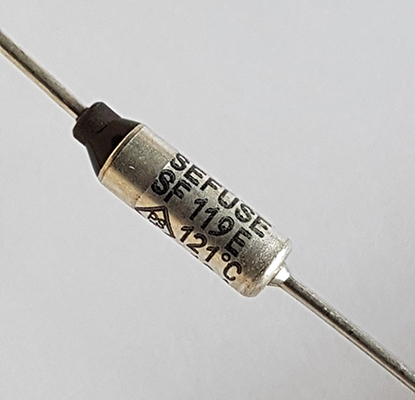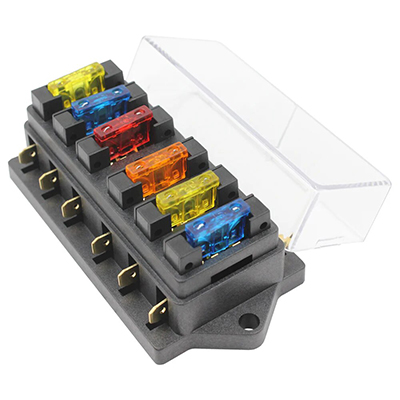Optimizing Vehicle Safety and Performance with Fuses for Throttle Position Sensors
News 2025-10-13
In modern automotive engineering, the throttle position sensor (TPS) is essential for precise engine control, monitoring the throttle valve’s position to optimize fuel injection and emissions. Fuses dedicated to TPS circuits provide critical protection against electrical faults, such as short circuits or overloads, which could otherwise damage sensitive components and compromise vehicle safety. By interrupting excessive current flow, these fuses help maintain reliable operation in various driving conditions, ensuring that the engine management system functions effectively and reducing the risk of costly repairs or breakdowns.

Key Applications in Automotive Electronics
Fuses for TPS are integral in a range of vehicle types, from conventional internal combustion engines to advanced hybrid systems. They protect the sensor in scenarios involving frequent throttle changes, such as during acceleration or idling, preventing failures that could affect fuel efficiency or drivability. In electric vehicles, where electronic components are more densely packed, these fuses safeguard against voltage spikes, enhancing overall system reliability and supporting features like adaptive cruise control that rely on accurate sensor data.
Performance and Reliability Benefits
These specialized fuses deliver superior protection through fast-acting mechanisms that isolate faults quickly, minimizing potential damage to the TPS and connected circuitry. Constructed with durable materials, they withstand harsh automotive environments, including temperature extremes and vibrations, while offering consistent performance over time. Their design also promotes ease of installation and replacement, contributing to lower maintenance costs and extended component lifespan, which is particularly advantageous in high-mileage or commercial vehicles.
Common Questions and Answers
1. What role does a fuse play in TPS systems?
It acts as a safety barrier, cutting off power during overcurrent events to protect the sensor from damage and maintain engine stability.
2. How do TPS fuses improve vehicle longevity?
By preventing electrical failures, they reduce wear on engine components and avoid issues that could lead to premature system degradation.
3. Are TPS fuses interchangeable across different car models?
No, they vary by voltage and amperage ratings, so selecting the correct fuse based on the vehicle’s specifications is essential for optimal protection.


